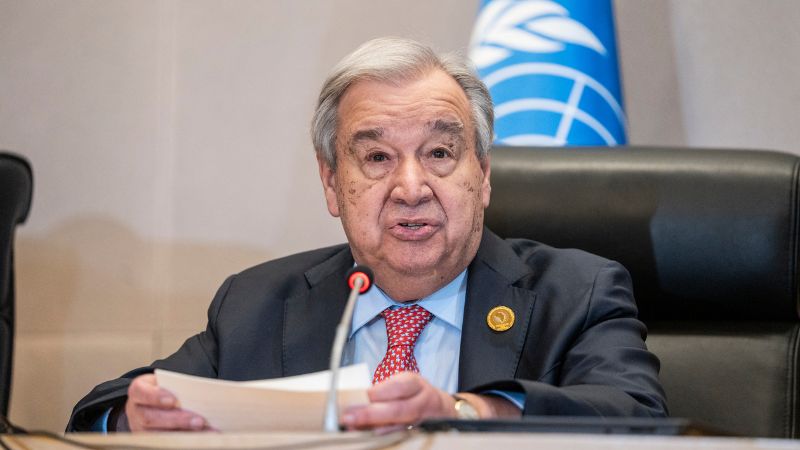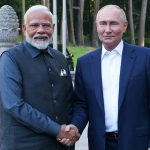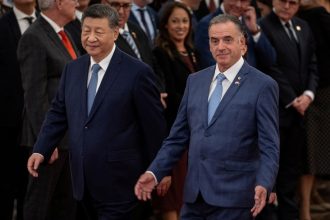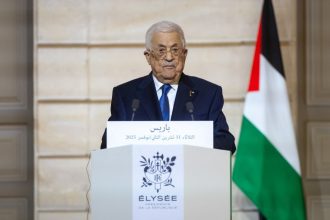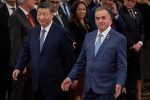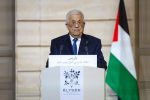In a world increasingly scarred by war, inequality, and fractured trust, United Nations Secretary-General António Guterres has urged the global community to revisit the timeless wisdom of Mahatma Gandhi. Speaking during a heartfelt commemorative event organized by the Permanent Mission of India to the UN, Guterres reminded the world that Gandhi’s philosophy of non-violence is not just history—it is a lifeline for humanity’s future.
The event, held in New York to mark the International Day of Non-Violence on October 2nd—Gandhi’s birthday—resonated with powerful calls for healing, diplomacy, and moral courage.
“Gandhi not only spoke of peace, truth, and dignity—he lived them,” said Guterres. “And in today’s world of growing conflict and rising division, his message carries renewed urgency.”
In a sobering reflection, the UN Chief described how violence is increasingly replacing dialogue, civilians are suffering in conflict zones, and human rights are being trampled across borders. “The foundations of peace are under strain,” he warned.
Yet amid this global turbulence, Gandhi’s legacy shines as a guiding light.
“He taught us that non-violence is not the weapon of the weak—but the strength of the brave. It is the power to resist injustice without hatred and build peace without domination,” Guterres said. “Let us find the courage to follow his lead—to end suffering, advance diplomacy, heal divisions, and create a peaceful world for all.”
India’s Permanent Representative to the UN, Ambassador Parvathaneni Harish, echoed this sentiment. He emphasized that Gandhi’s message is not tied to geography or history—it is a compass for humanity’s future.
“Gandhi showed us that non-violence is the greatest force at our disposal. In a world of division, it calls us back to our shared humanity,” Harish said. He also invoked Gandhi’s belief in Sarvodaya—uplifting everyone, ensuring no one is left behind—as a cornerstone for sustainable global peace.
Nepal’s UN envoy and ECOSOC President, Ambassador Lok Bahadur Thapa, underscored the urgency of embodying Gandhi’s moral leadership. In times of climate disruption, violent polarization, and deepening inequalities, he said, Gandhi’s call to live simply, resolve differences through dialogue, and respect nature feels more relevant than ever.
“As the UN nears its 80th anniversary, we must re-commit to multilateralism. Our strength lies in unity, in solidarity, and in action,” Thapa declared.
The ceremony was more than a tribute—it was a wake-up call. Gandhi’s legacy is not merely to be remembered, but to be lived. His teachings challenge each of us—leaders, citizens, and changemakers alike—to choose dialogue over division, compassion over fear, and peace over power.
